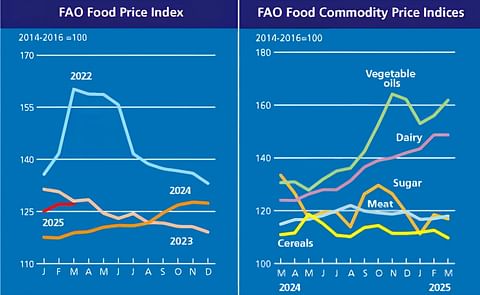The research that will be presented will highlight and demonstrate in detail how Levity CropScience products have increased potato yields by at least €1000 per hectare in farms across Europe
Levity CropScience plans to present at BP2017 how their products increased potato yield

Levity CropScience, a UK based company specialized in 'smart fertilizers' has announced it will reveal industry changing research at BP2017 on how their products have increased potato yields by at least €1000 per hectare in farms across Europe.
Levity CropScience has an innovative approach to agronomy and their experts are recognised as UK leaders in increasing yields and crop problem solving. Offering tailored troubleshooting agronomy advice for growers, their specialist scientists understand the problems of growers and creating fertiliser products to solve those issues. In particular, Levity specialises in creating smart fertilisers that increase the growth, quality, resilience and yield of potatoes, soft fruit, top fruit, cacao, protected crops and leafy vegetable crops.
The research will highlight and demonstrate in detail how Levity CropScience products have increased potato yields by at least €1000 per hectare in farms across Europe. Levity will showcase their results at two major farming industry Expos – BP2017 in Harrogate (22 to 23 November 2017) and CropTec in Peterborough (29 to 30 November 2017).
The results will also be published in peer reviewed scientific journals, demonstrating that the research is documented, credible and offers new insights into the use of nitrogen to increase yields in the potato industry.
David Marks, Managing Director, Levity CropScience:
“We’re excited to be revealing this groundbreaking data.”
“Our hard work has paid off and now growers around the world will be able to continue to benefit from our research; the innovative application of this knowledge and our resultant unrivalled, pioneering fertiliser products.”
“The Expos will be a great opportunity to meet new people and discuss our results, including the fantastic benefits Levity CropScience products have to offer the farming and horticultural industries throughout the world.”
“It is another example of how an innovative Lancashire company can help increase potato yields throughout the world and as a result, benefit both the environment and the local population.”











